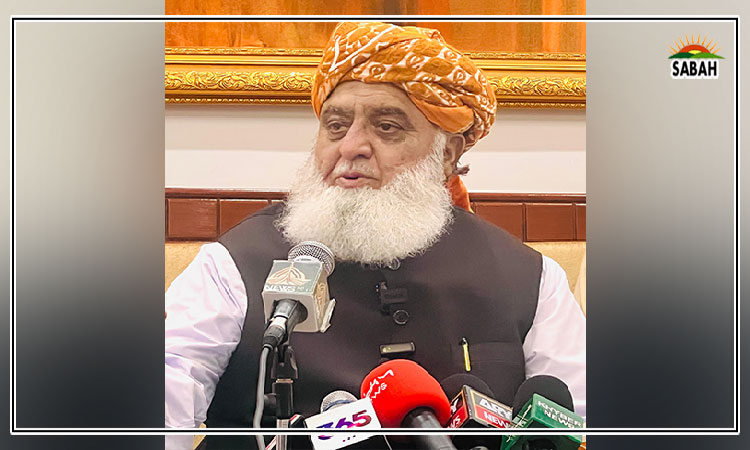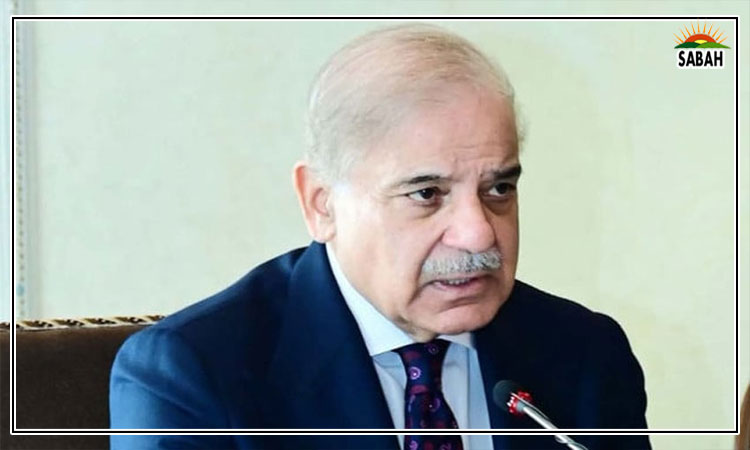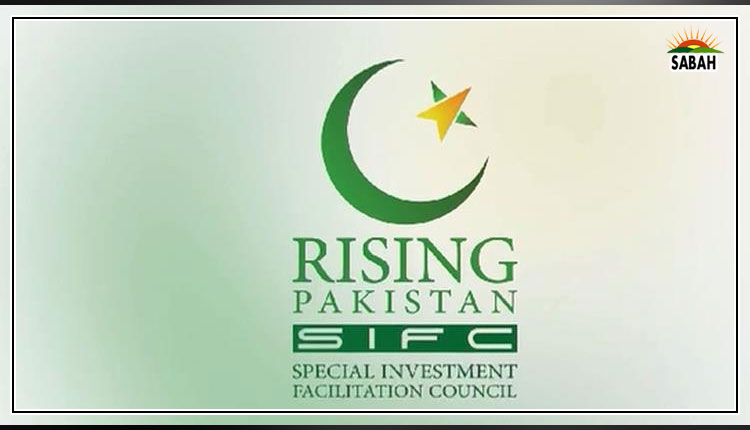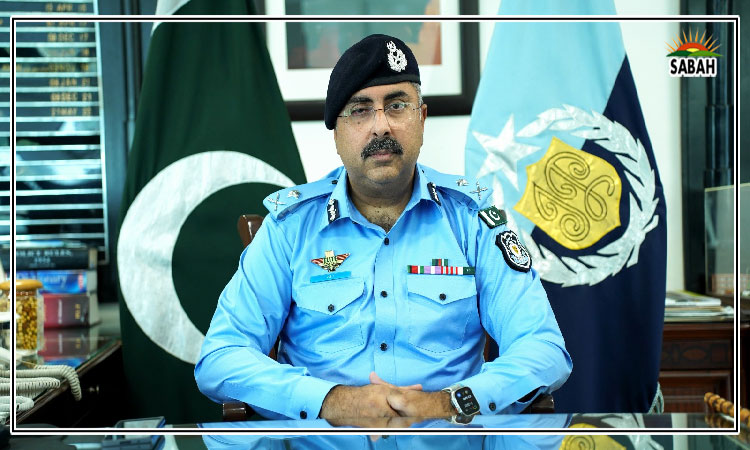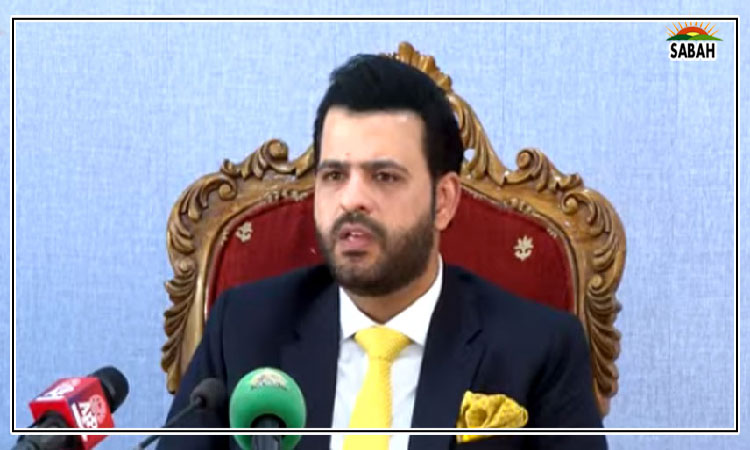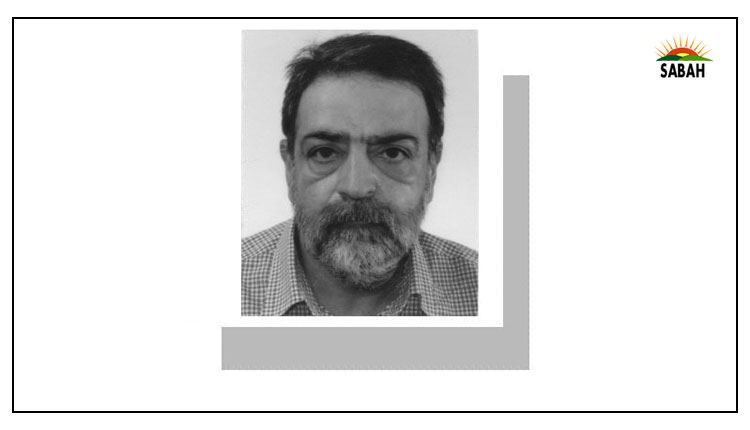Electoral fantasy…Mahir Ali
WILL the dissolution of the National Assembly and provincial assemblies be accompanied by the announcement of an election date? There has been considerable speculation of late around the controversial new census and its electoral implications, much of it suggesting that the voting ritual is very likely to be delayed for some months beyond the constitutionally ordained 90-day time frame.
The composition of the caretaker government that will rule Pakistan in the interim has also been a tightly guarded secret. Arguably, the bigger question is whether any of this matters. An American witticism from decades ago, long before there were memes, went something like: it doesnt matter who you vote for, the government always gets in.
In the Pakistani context, that sense and the dominance of the two family firms masquerading as political parties partially helped propel Imran Khan to the fore as a possible alternative, with substantial military assistance. The help he required to cobble together a parliamentary majority after his party gained less than a third of the popular vote in 2018 was readily provided. And when it was withdrawn last year, the coalition inevitably crumbled.
During his truncated tenure as prime minister, he frequently boasted of being on the same page as the military hierarchy, but was apparently taken aback when straying off-script entailed being ruthlessly cut down to size. But then, one of the biggest problems with Imran Khan is that he seems to assume everything is about him, conveniently overlooking the fact that his promise of a naya Pakistan came to naught, because it turned out to have no substance.
Pakistans arrested development is unlikely to be liberated by polls.
His fairly abysmal record in government does not measure up to his self-ordained status as an outstanding democrat. And its absolutely no good, in the aftermath, to blame almost everything that went wrong notably the reinforced repression that stretched from political opponents to freedom of expression on the uniformed elite with which he willfully collaborated.
In recent interviews with foreign media outlets – after a ban was surreptitiously imposed on his engagement with the local variant he continued to spout a great deal of nonsense, much of which went unchallenged. Its not incorrect to describe Nawaz Sharifs political incarnation as a military-ordained phenomenon under Ziaul Haqs regime, although theres never any mention of the ISI role in forming the IJI coalition with the aim of thwarting the PPPs legitimate claim to power under Benazir Bhutto. Perhaps because it cuts too close to the bone in the case of the PTI.
Similarly, he routinely relates Zulfikar Ali Bhuttos pre-eminence in the Ayub regime to his partys electoral successes in 1970, implying it was a military creation, without ever bothering to point out that ZABs popularity was closely correlated to his decision to break away from the Ayub dictatorship. Bhuttos subsequent ties with the military are indeed murky, but not subservient.
An even more obvious story that Khan perpetuates is that the arrests of his partys female supporters was the first time in Pakistans history that women have been taken into custody for political reasons. Is he really that ignorant about Pakistans past? Tellingly, he never mentions the Zia era and no one ever seems to ask him about his key mentor as a political novice, Gen Hamid Gul.
None of this is intended to suggest that just because political persecution has long been the norm in Pakistan, it is in any way justified in the case of the failed PTI experiment. The imprisonment of a previous prime minister is merely part of a pattern, and this particular prisoners hypocrisy doesnt necessarily make it more palatable.
The far bigger question in relation to the next elections, whenever they take place, is not who will win or who might be excluded but, rather: what difference will it make? Lets imagine for a mad moment that the PTI were to return to power without a hybrid setup. Can anyone in their right mind imagine that might offer some kind of a solution to Pakistans political malaise and economic dysfunction? That the alternatives are almost equally dire does not detract from the validity of the query.
It may well be that understandable concern about the timing of the election is misplaced. The point is, whenever it is held, and regardless of who is permitted to participate or, for that matter, favoured over others how exactly will the future be any different from the abysmal present? Khan recently told Stephen Sackur on BBCs Hard Talk that the only solution for Pakistan is free and fair elections. That phenomenon has not been witnessed since 1970, and its unlikely to be repeated. But even if it were, given the nature of the leading contenders, where on earth could it possibly lead?
Courtesy Dawn





